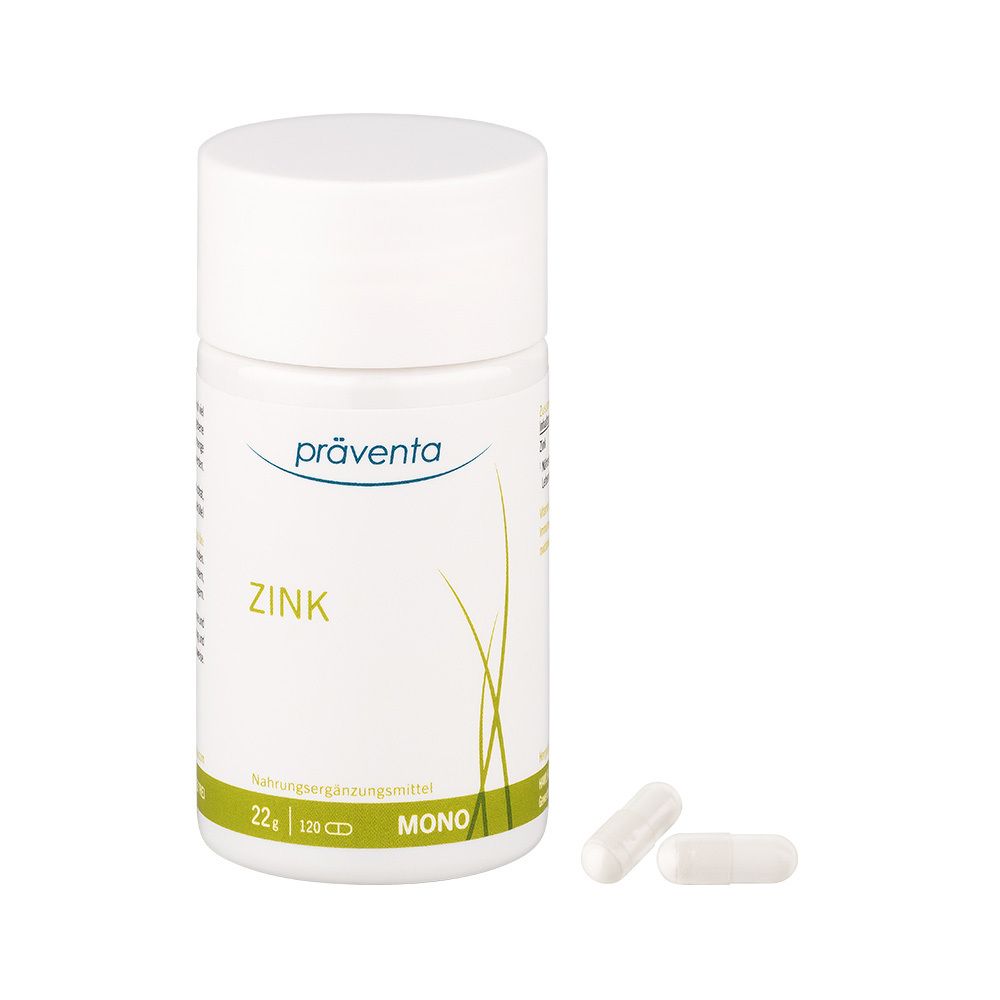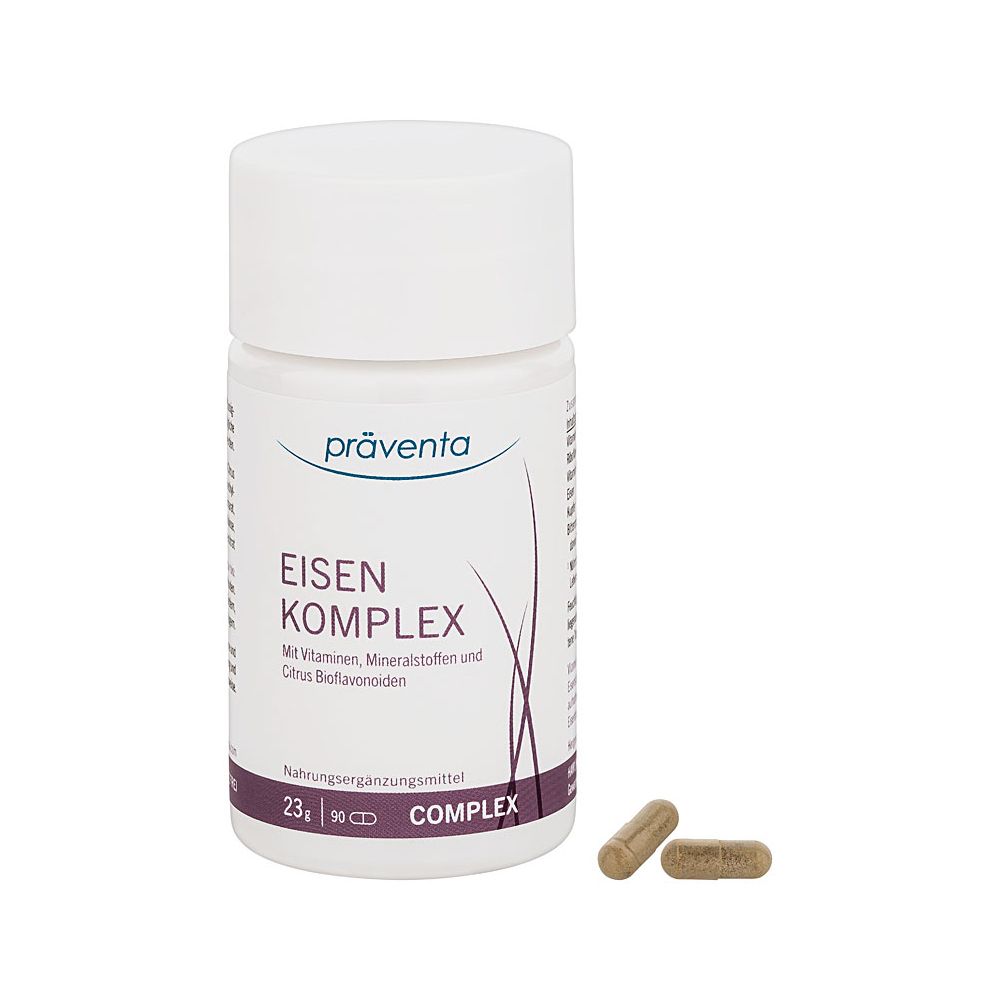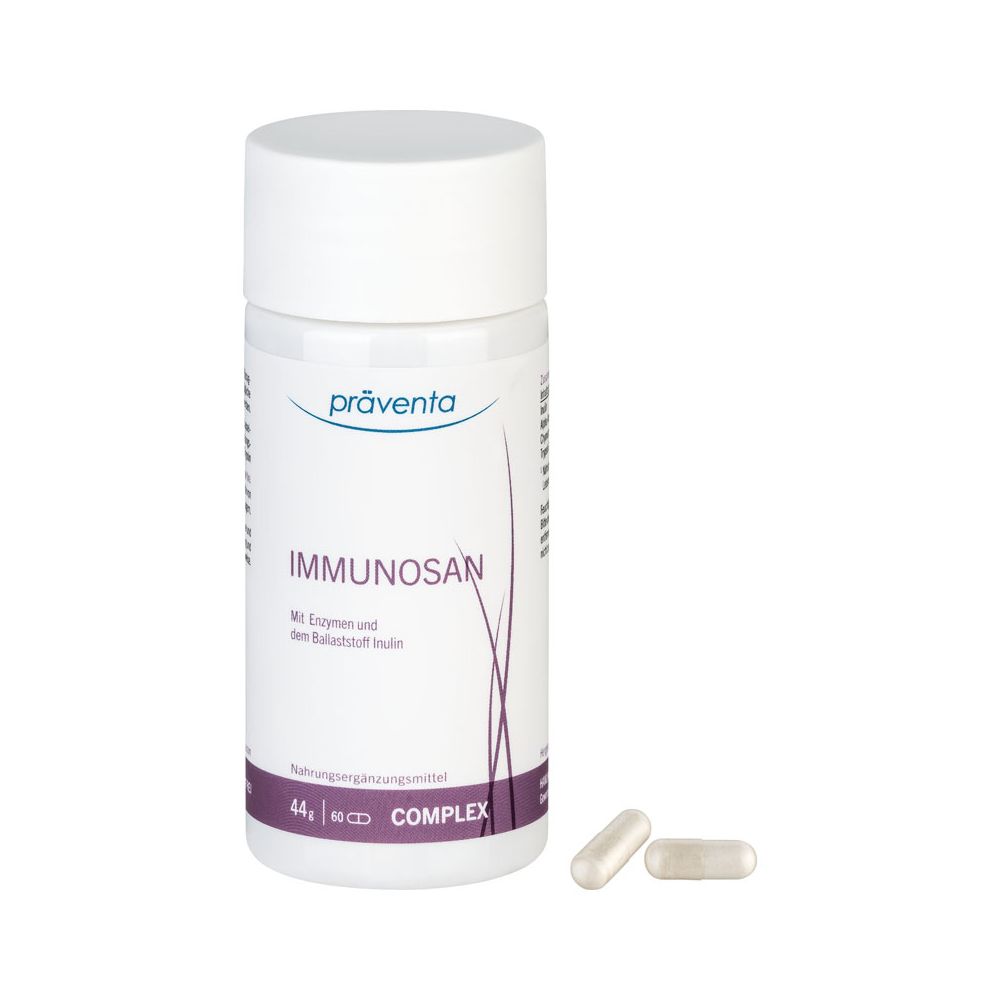What allergy symptoms are typical?
The most common allergic symptoms are:
• Runny nose
• Itchy eyes
• Watery eyes
• Sneezing
• Cough
• Rash
What types of allergies are there?
There are four types of allergies which are divided as follows:
Type 1 – immediate reaction
This is the most common form of allergy. Symptoms can be triggered by a variety of factors. The most common are pollen, dust mites, mold, pet dander, and food. The allergic reaction begins immediately after contact.
Type 2 – Cytotoxic type
This type of allergy is relatively rare. Symptoms appear within a few minutes or hours. The body produces special antibodies (IgM or IgG) that begin to fight the allergenic substance as soon as it comes into contact with it. Antibiotics, painkillers, and certain medications can trigger this allergic reaction. A cytotoxic reaction can also occur in organ transplants, leading to organ rejection.
Type 3 – immune complex
These allergy types include, for example, pigeon fancier's lung and farmer's lung. The causes are chronic infections triggered by certain pathogens such as viruses or parasites, as well as exposure to certain environmental toxins such as mold, pigeon antigens, etc. Painful, inflammatory processes can develop in the affected areas and subsequently become chronic.
Type 4 – Late type
Here, allergic symptoms are predominantly triggered on the skin. Contact allergies occur. Allergic reactions can develop over years and subsequently trigger very severe, sudden reactions.
How long does a pollen allergy last?
The duration of a pollen allergy depends on the type and amount of pollen to which one is allergic. Hay fever can sometimes last for several months. In Germany, due to climate change, exposure to a wide variety of pollen is already present year-round. Hay fever symptoms are least common in November.
What deficiencies are caused by allergies?
A good supply of vitamins and minerals has a lot to do with a balanced immune response. In allergies, the immune system is disrupted and reacts to invaders that don't actually harm the body. This leads to an immune overreaction. A deficiency in certain micronutrients can even exacerbate allergic reactions. Therefore, it is extremely important that the body is adequately supplied with certain nutrients. These include zinc, selenium, vitamin C, magnesium, vitamin B3, and vitamin B5.
Why avoid zinc deficiency in allergy?
Zinc supports the regulation of a normal immune system. If the supply is disrupted, an increased allergic reaction can occur.
What is histamine?
Histamine hypersensitivity affects an increasing number of people. Possible symptoms include rapid heartbeat after eating, itching, sleep problems, allergies, food intolerances, and much more. Women are particularly affected after pregnancy and during menopause. Taking chemical hormone preparations can also promote histamine intolerance. Special micronutrients and medicinal mushrooms for your well-being.
















